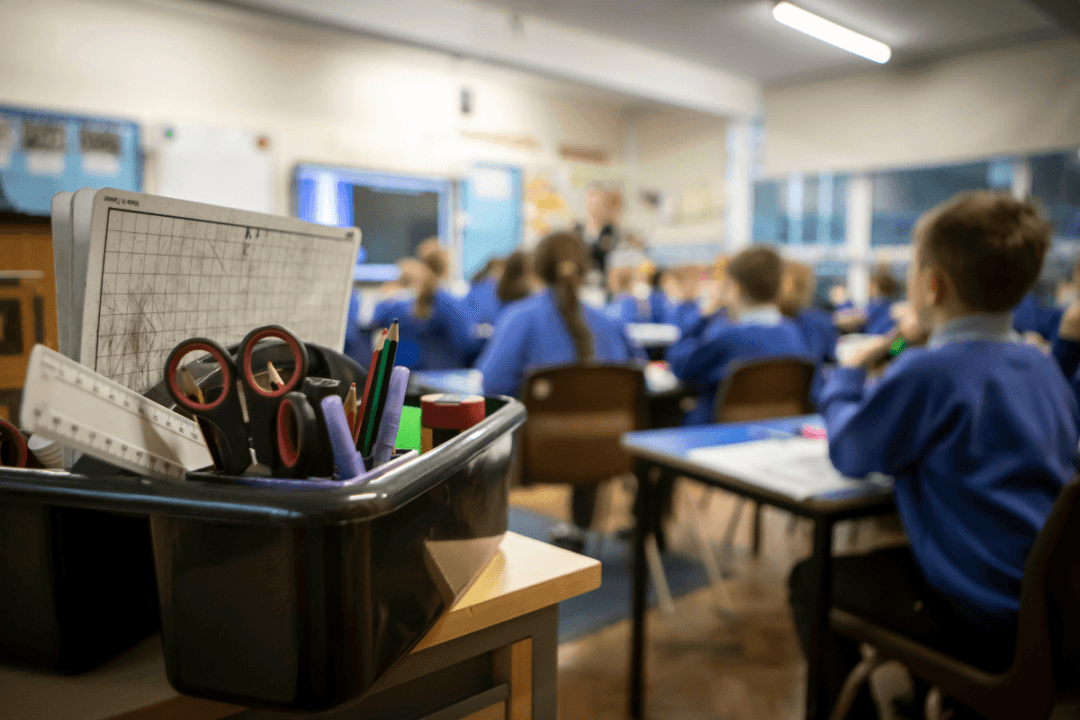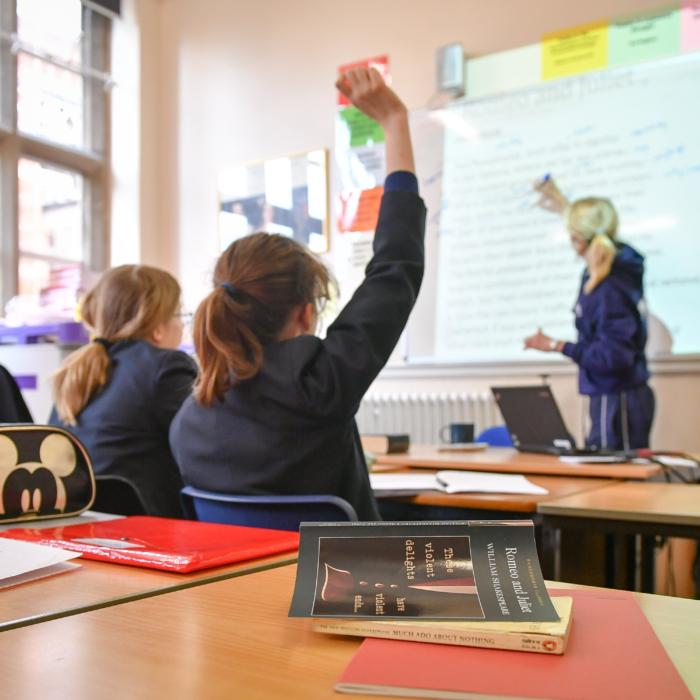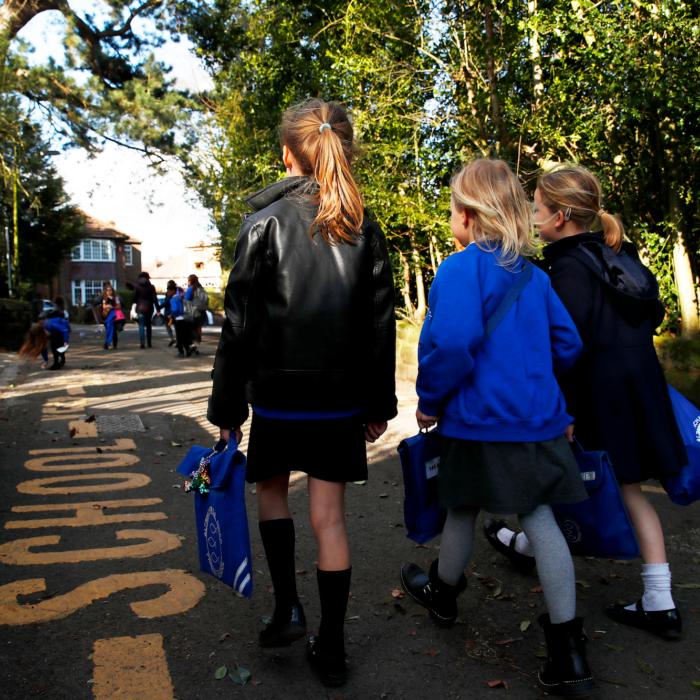A group of Christian schools and parents have announced they will take legal action against the government if presses ahead with proposals to scrap tax relief on private school fees.
Lawyers representing the group say that Labour’s proposal to abolish VAT relief for private education unlawfully discriminates against Christian parents and pupils on the basis of religion, as it could force some faith schools to shut down, with no suitable alternative within the largely secular state sector.
Article 14 Rights
Parents and pupils involved in the action, backed by the Christian Legal Centre, have written a letter to the government claiming the policy falls foul of the European Convention of Human Rights on numerous grounds, including article 14, which lists religion as a protected characteristic.Despite mounting opposition to the policy—with schools for children with special needs also warning they could face closure—the Treasury has indicated that the chancellor will press ahead with the reform.
The government has said it wants to use the money from the VAT to improve state education by recruiting additional teachers and other measures, including greater mental health support in schools.
Labour had considered abolishing the charitable status enjoyed by 70 percent of private schools, but shelved this proposal this after concerns it would affect other fee-charging institutions, including universities.
In response to criticism of the policy, the government has argued that schools are free to reduce their fees so the overall amount paid by parents does not rise significantly, but some smaller fee-paying schools have said this is not possible.
In a letter submitted to the government and circulated to MPs, the claimants argue that the proposed measure fails several legal requirements and that there is an international consensus that compulsory school education should not be taxed.
Lawyers for the group argue the policy disproportionately impacts parents who wish their children to be educated in schools which cover all subjects in the curriculum from a Christian perspective.
They also contend that the policy is “oppressive” as the government is providing no alternative to schools that face closure owing to the proposals, and that it breaches the law around private property.
Special Needs Children Impacted
Caroline Santer, headteacher at the King’s School in Hampshire, said in a statement: “The proposals are short-sighted and the government does not appear to realise, or care, about the impact they will have on the UK’s education system.“The VAT increase affects families who are not from affluent backgrounds but want to send their children to a Christian school. Following the draft legislation, a number of families have been forced to take out loans.
“The school will also feel the effect of the VAT increase as we will lose 80 percent relief on business rates. The policy will also have a significant impact on teachers’ wages and on the ability of independent schools to maintain their buildings.”
Ben Snowdon, headteacher at Emmanuel School in Derby, said: “The consequences of this policy could be devastating for independent Christian schools and many other low-cost independent schools across the country. It is especially concerning to parents who are not from affluent backgrounds and who have children with special education needs.
“If these children are forced to leave the school or the school becomes financially unviable and fails, the government will have to bear 100 percent of the cost of their education, which the government currently receives for free.”
Snowdon added that his school would not be able to make cuts to the fees, which are significantly lower than the average private school costs and also fall below the annual per-child funding for state education.
‘Forced’ to Home Educate
Stephen White, a father with children at a private Christian school, said through Christian Concern: “As Christians, we believe that it is our duty as parents to raise our children in line with our beliefs.“This means giving them a positively Christian education and not a secular education. Our first choice has always been to send our children to a Christian school where these values are taught.
“We have always prioritised paying the school fees at the expense of many other things which we would love to do as a family, such as holidays, sports clubs and music lessons, for example. However, with the proposed VAT changes it looks increasingly impossible for us to be able to keep the children in the school.”
White added that he would feel “forced” to home educate his children if he can no longer afford the school fees, as he does not want them to go to a state school.
Andrea Williams, chief executive of the Christian Legal Centre, said: “VAT will make independent faith schooling unaffordable for many families and may force some small faith schools to close.
“It is unfair, and we argue, it is a breach of their human right to impose VAT on such schools. Labour must row back on this policy urgently. If they don’t, we will have no choice but to pursue every legal avenue in the pursuit of justice and protection of independent Christian schools in this country.”
If passed, the government’s draft bill will mean all private schools have to charge VAT on fees from January 2025.
The planned legal challenge was announced just a day after education unions joined forces with private schools to urge Reeves to delay the imposition of the tax, to allow more time for parents, pupils, and schools to prepare for the change.
In a House of Lords debate on Thursday, the government defended its policy from accusations from the opposition that it was “vindictive” and “short-sighted.”
Financial secretary to the treasury, Lord Livermore, said the intention was “to raise revenue to fund the government’s objective that every child has access to high-quality education, including the 94 percent of children who are educated in the state sector.
“It will help to fund 3,000 new nurseries, the rolling out of breakfast clubs to all primary schools and the recruitment of 6,500 new teachers,” he added.







